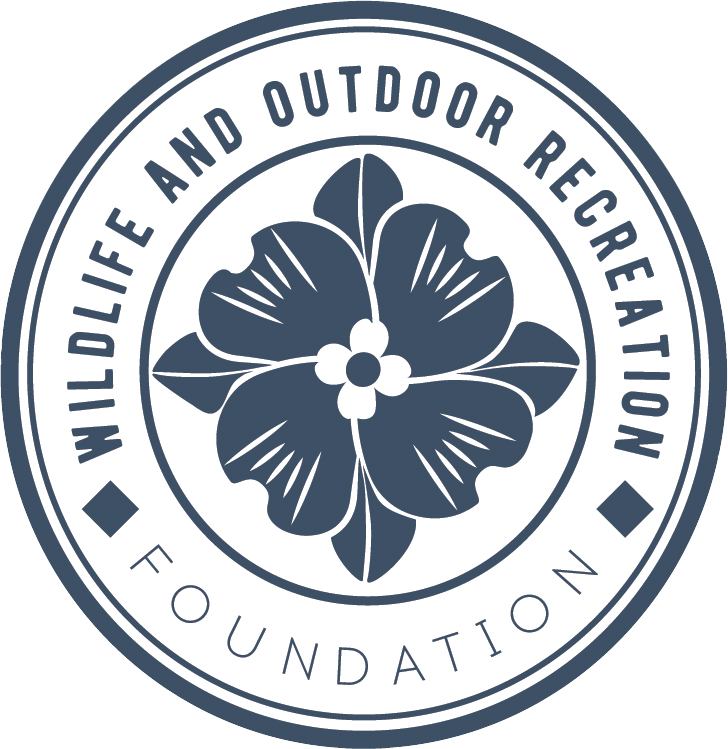
Pollinator Conservation
How do Pollinators bring balance to the environment?
Pollinators like bees, butterflies, and birds play a critical role in the reproduction of many plants, including crops. Three-fourths of the world’s flowering plants and about 35 percent of the world’s food crops depend on pollinators to reproduce. Without pollinators, ecosystems would suffer from reduced biodiversity and declining plant populations, which are crucial for supporting wildlife and food production. This loss would also lead to environmental imbalance, affecting climate regulation, soil stability, and water quality.
Pollinator conservation is critical for maintaining the balance and health of our environment.
Biodiversity
Pollinators support the reproduction of a wide variety of plants, which provide habitats and food for many other species. A decline in pollinators could disrupt entire ecosystems, leading to a loss of biodiversity.
food production
Many fruits, vegetables, nuts, and seeds rely on pollination. The loss of pollinators could drastically reduce crop yields, leading to food shortages and increased prices.
Environmental balance
Without pollinators, many plant species would fail to reproduce, resulting in fewer plants to absorb carbon dioxide, produce oxygen, stabilize soil, and filter water. This could accelerate climate change and contribute to soil erosion and poorer water quality.
In short, pollinators are vital for maintaining healthy ecosystems, food security, and environmental balance.
Our Pollinator Conservation Programs
Pollinator Gardens
Pollinator gardens provide essential habitats for bees, butterflies, and other pollinators, helping to sustain biodiversity and support healthy ecosystems.
They enhance plant reproduction through increased pollination, which is critical for both native wild plants and agricultural crops.
These gardens also contribute to local conservation efforts by creating safe spaces for pollinators in urban and rural environments.
Additionally, pollinator gardens promote environmental awareness and encourage community involvement in preserving native species and ecosystems.
Native Plant Program
Planting native plants supports pollinators by providing them with the food and habitat they need to thrive. Native plants offer the right types of nectar, pollen, and shelter that local pollinators have evolved with, promoting healthier pollinator populations and contributing to overall ecosystem stability. We partner with local high schools and colleges to restore native plants.
Bee Atlas
The Xerces Society is developing a Bee Atlas, a comprehensive resource aimed at documenting and understanding the diversity of native bee species across various regions. This project combines scientific research and citizen science to collect data on bee populations, their habitats, and behaviors. The Bee Atlas will serve as a crucial tool for conservation efforts, helping to identify species at risk and inform habitat restoration projects. By engaging communities and researchers alike, the Bee Atlas fosters greater awareness of the importance of bees to ecosystems and promotes action to protect these vital pollinators.




